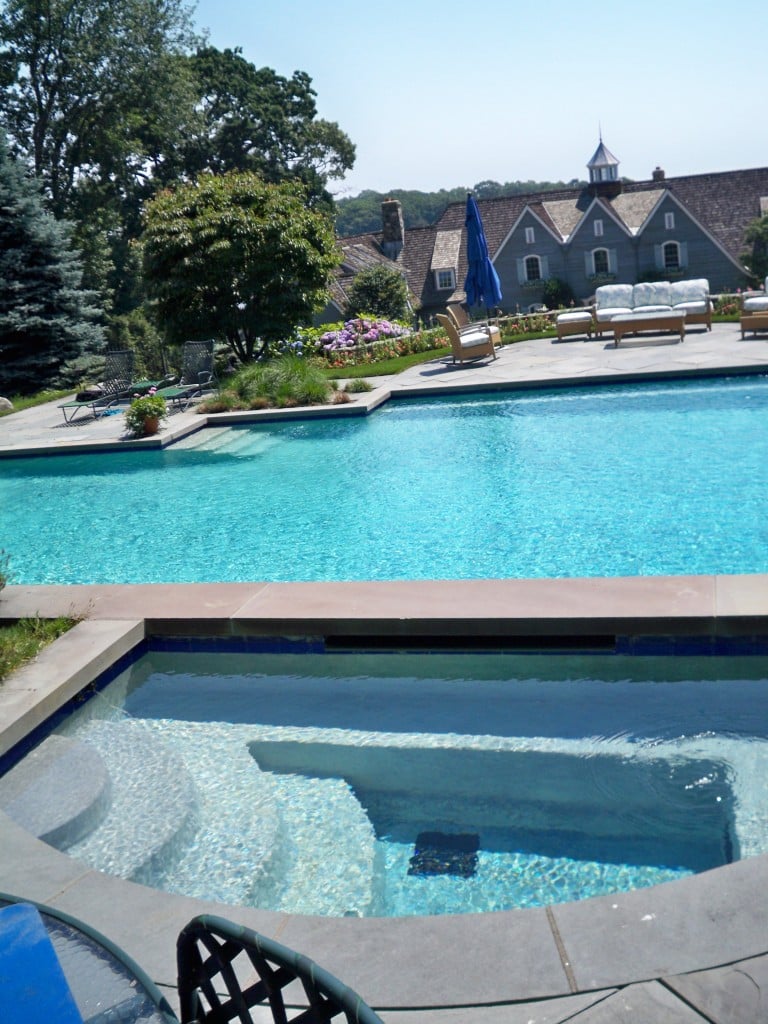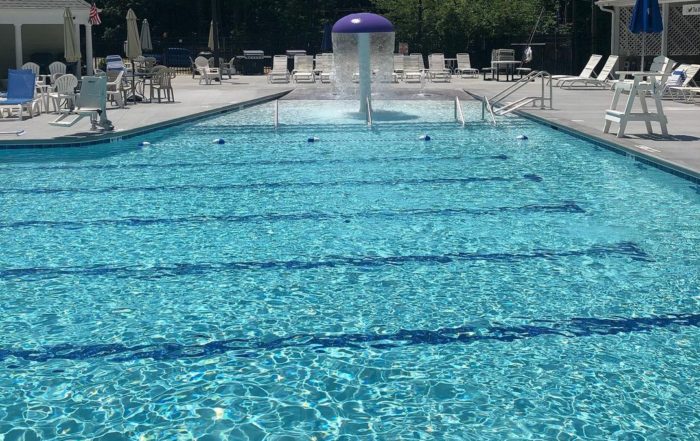CHLORINE VS BROMINE APEX NC

Chlorine VS Bromine Sanitizer Comparison
The two primary sanitizers used Chlorine Vs Bromine Apex NC in swimming pools and hot tubs are very similar products.
Chlorine can actually become bromine if you were to introduce the two chemicals to the same body of water.
There are however a few important differences between the two that change the effectiveness of either in any given environment that all pool and hot tub owners should be aware of.
Typically speaking hot tub owners tend to use bromine while pool owners tend to use chlorine but when asked why they probably could not tell you why it is this way.
Also, worth noting, is that there are a certain segment of pool owners that use bromine and spa owners that use chlorine however these represent less than 5% of the total market.
There is a reason why the majority of the market use chlorine for pools and bromine for spas.
Bromine is more active at higher pH levels than what chlorine is.
The optimal pH range for chlorine is actually much lower than what we would normally associate with balanced pool water and chlorine is very reduced in effectiveness in relatively high pH environments. At a pH of 8.2+ chlorine is almost completely inactive in the water so despite having a measurable chlorine reading in the water it is unable to effectively kill bacteria.
Since hot tubs often struggle with high pH levels this makes chlorine not ideal for this situation.
Bromine however is different from chlorine in that the ideal range of bromine is closer to what hot tubs and pools operate at normally and is also able to be active in higher pH ranges than chlorine is.
In a hot tub bromine can be considered a safer choice since it is more forgiving if you were to let your pH get too high.
Chlorine is more suitable if you find that keeping your pH between 7.2 and 7.8 is not a problem for you in which case you may benefit from chlorine sanitizer.
Chlorine is less expensive than bromine and the water clarity that you can achieve with chlorine is arguably better than what bromine can provide.
The price of bromine and the amount needed to chemically treat swimming pool water is the main factor that keeps more pool owners from going with this option.
Chlorine Is A Concern For Salt Water Pool Owners
Salt water pools have something in common with hot tubs and that is it is very common to have a high pH problem.
The type of chlorine that salt water systems generate has an extremely high pH and this serves to constantly increase the pH level of the water.
If left uncontrolled the pH of the water will exceed 8.0 very easily and this poses a specific problem for chlorine.
Sodium Bromide salt systems for swimming pools are not commonplace though they do exist more in the hot tub industry.
This means that all salt water pools are susceptible to being unprotected due to chlorine driving the pH levels up to the point where the chlorine simply can not do its job of sanitizing bacteria and organic debris in the water.
When correcting pH in a salt water pool you should correct to the lower end of the ideal range, 7.2, to give the longest period of time in between corrections and keep the pH in the range where chlorine can be active.

